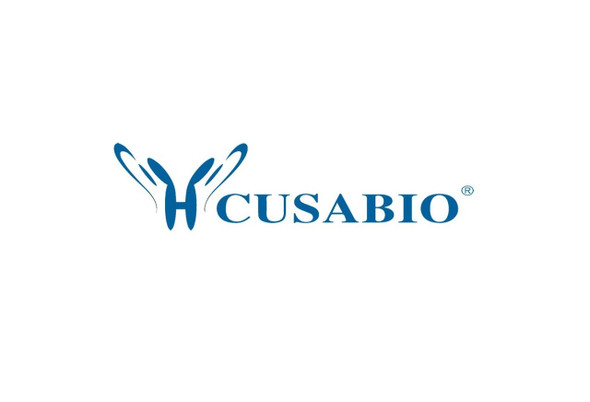Cusabio Polyclonal Antibodies
NDST1 Antibody, HRP conjugated | CSB-PA015614LB01HU
- SKU:
- CSB-PA015614LB01HU
- Availability:
- 3 to 7 Working Days
Description
NDST1 Antibody, HRP conjugated | CSB-PA015614LB01HU | Cusabio
NDST1 Antibody, HRP conjugated is Available at Gentaur Genprice with the fastest delivery.
Online Order Payment is possible or send quotation to info@gentaur.com.
Product Type: Polyclonal Antibody
Target Names: NDST1
Aliases: Bifunctional heparan sulfate N-deacetylase/N-sulfotransferase 1 (EC 2.8.2.8) (Glucosaminyl N-deacetylase/N-sulfotransferase 1) (NDST-1) (N-heparan sulfate sulfotransferase 1) (N-HSST 1) ([Heparan sulfate]-glucosamine N-sulfotransferase 1) (HSNST 1) [Includes: Heparan sulfate N-deacetylase 1 (EC 3.-.-.-) ; Heparan sulfate N-sulfotransferase 1 (EC 2.8.2.-) ], NDST1, HSST HSST1
Background: Essential bifunctional enzyme that catalyzes both the N-deacetylation and the N-sulfation of glucosamine (GlcNAc) of the glycosaminoglycan in heparan sulfate. Modifies the GlcNAc-GlcA disaccharide repeating sugar backbone to make N-sulfated heparosan, a prerequisite substrate for later modifications in heparin biosynthesis. Plays a role in determining the extent and pattern of sulfation of heparan sulfate. Compared to other NDST enzymes, its presence is absolutely required. Participates in biosynthesis of heparan sulfate that can ultimately serve as L-selectin ligands, thereby playing a role in inflammatory response.
Isotype: IgG
Conjugate: HRP
Clonality: Polyclonal
Uniport ID: P52848
Host Species: Rabbit
Species Reactivity: Human
Immunogen: Recombinant Human Bifunctional heparan sulfate N-deacetylase/N-sulfotransferase 1 protein (40-556AA)
Immunogen Species: Human
Applications: ELISA
Tested Applications: ELISA
Purification Method: >95%, Protein G purified
Dilution Ratio1:
Dilution Ratio2:
Dilution Ratio3:
Dilution Ratio4:
Dilution Ratio5:
Dilution Ratio6:
Buffer: Preservative: 0.03% Proclin 300
Constituents: 50% Glycerol, 0.01M PBS, PH 7.4
Form: Liquid
Storage: Upon receipt, store at -20°C or -80°C. Avoid repeated freeze.
Initial Research Areas: Immunology
Research Areas: Cardiovascular;Immunology;Signal transduction






